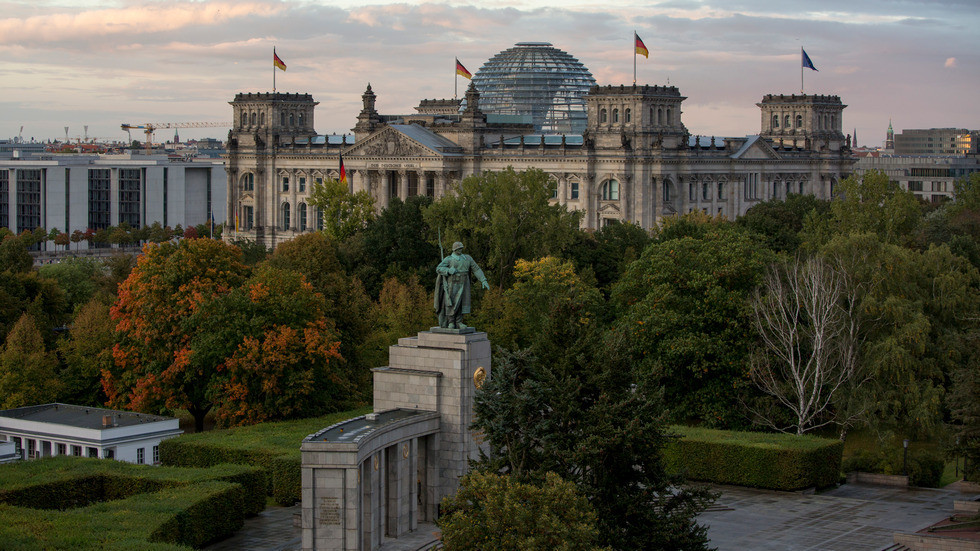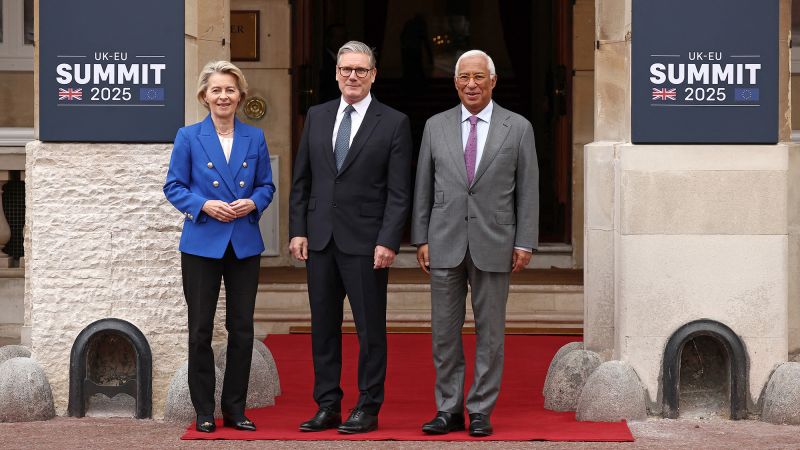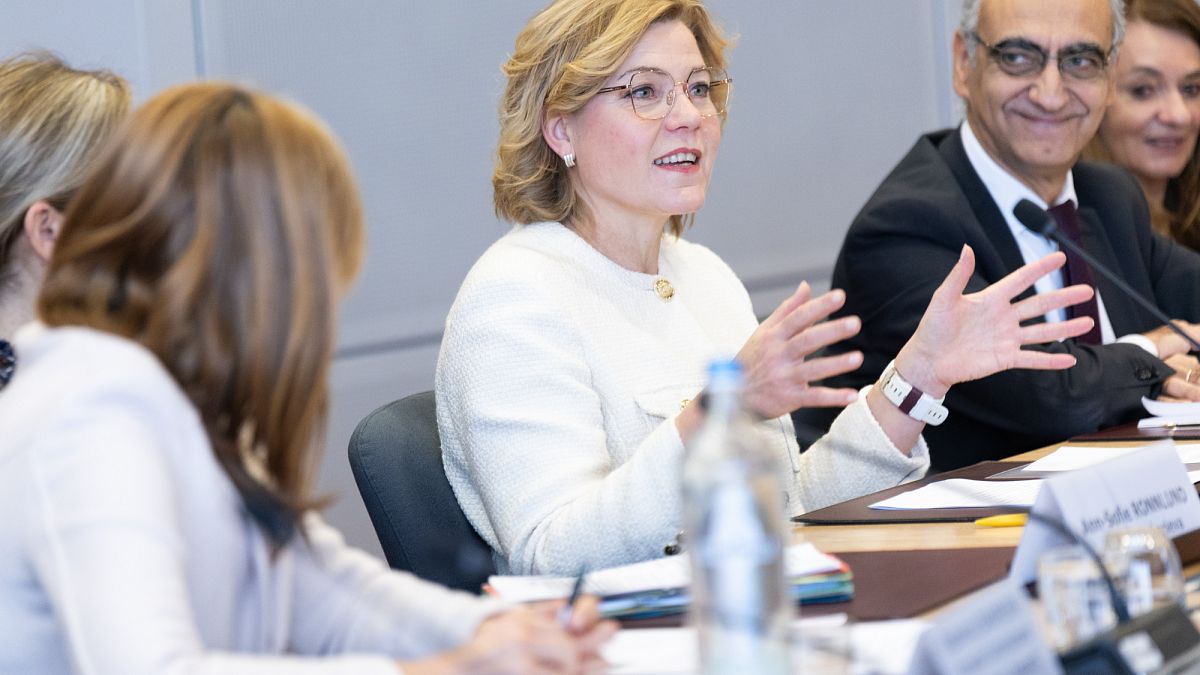London, UK, Brussels, Belgium sees New UK and EU Strike Landmark Pertaining to Post-Brexit Deal to Reset Travel, Trade, and Defense Relations in 2025
Tuesday, May 20, 2025

It was reported that after months of intense negotiations, the United Kingdom and the European Union reached a landmark agreement in 2025 designed to “reset” their post-Brexit relationship. This pact aimed at easing travel and work restrictions for hundreds of millions of people across the continent, addressing longstanding frictions that had complicated cross-border interactions since the UK’s departure from the EU.
The deal, announced at a summit held in London, encompassed a broad range of issues including defense cooperation, migration policies, labor mobility, and travel facilitation. It was expected to herald a new era in UK-EU relations, moving beyond the tensions and uncertainties that had dominated the post-Brexit years.
EU Commission President Ursula von der Leyen described the occasion as historic, emphasizing the opening of a “new chapter” in a unique relationship. UK Prime Minister Keir Starmer echoed this sentiment, asserting that the UK was “back on the world stage” following the conclusion of the deal.
However, the agreement faced criticism from some domestic political factions in the UK, particularly the resurgent populist right. Critics argued that the deal compromised UK sovereignty and signaled a return to EU rule-taking, intensifying internal political debates.
A significant component of the deal focused on streamlining trade between the UK and EU markets, which had been one of the most contentious aspects of the Brexit process. Downing Street announced that the UK had agreed to reduce “red tape” and bureaucratic burdens affecting British exporters of food and drink products to the EU indefinitely.
Key changes included the removal of routine checks on animal and plant products, which had previously caused delays and increased costs. The UK government expressed confidence that these reforms would ultimately lower food prices and broaden consumer choice in supermarkets while maintaining essential Brexit principles such as remaining outside the EU’s single market and customs union.
The EU Commission elaborated that both parties aimed to establish a “common sanitary and phytosanitary area,” providing greater certainty and stability for farmers, food producers, and fishermen on both sides of the Channel.
Trade statistics underscored the critical importance of this relationship: the EU remained the UK’s largest trading partner, accounting for 41% of British exports and over half of imports in the previous year. Likewise, the UK was the EU’s second-largest export destination in 2024.
The trade portion of the agreement also extended the existing arrangement granting EU fishing boats access to British waters for an additional 12 years beyond the current expiry date. Additionally, Europe agreed to open its electricity market to the UK, a development praised for enhancing energy security and potentially lowering prices.
In the context of global trade tensions, particularly tariffs imposed by the United States under former President Donald Trump, the UK and EU jointly affirmed their commitment to “free, sustainable, fair and open trade.”
The post-Brexit deal further solidified defense cooperation, reflecting the growing alignment between the UK and EU in response to geopolitical challenges such as Russia’s invasion of Ukraine. This partnership, which had strengthened amid threats to European security guarantees, was a less contentious but vital aspect of the negotiations.
The agreement granted the UK access to a Europe-wide defense procurement program, enabling British companies to compete alongside European firms for security contracts. EU officials underscored that joint procurement efforts would enhance readiness and close critical military capability gaps.
Both Prime Minister Starmer and French President Emmanuel Macron emerged as influential advocates for Ukraine, urging European nations to increase defense spending and fortify the continent’s military posture against Russian aggression.
One of the most anticipated outcomes of the deal involved mobility provisions. The UK and EU committed to working toward a youth mobility scheme allowing individuals under the age of 30 to travel and work across borders. While Prime Minister Starmer was careful to stress that this would not constitute a return to full freedom of movement, European officials highlighted the mutual benefits of such an arrangement.
Further educational collaboration was agreed upon, restoring British students’ access to Europe’s Erasmus scheme, facilitating study abroad opportunities. This was seen as an important step in fostering intercultural exchange and lifelong friendships among young people on both sides.
In practical travel terms, one visible Brexit-related change was reversed: British travelers were now allowed to use automated e-gates at European airports, joining EU passport holders in streamlined entry queues.
Despite public polling suggesting that many Britons regretted Brexit and preferred an agreement with the EU over other trade deals, political realities remained complex. The government’s popularity was waning, and populist groups such as Reform UK were capitalizing on nationalist sentiments.
Nigel Farage, a prominent Brexit architect, criticized the deal as a “surrender” to Brussels, particularly targeting the extension of EU fishing rights into British waters until 2038. Such positions intensified debates over sovereignty and control, with figures like Conservative leader Kemi Badenoch lamenting the UK’s perceived loss of autonomy.
Prime Minister Starmer, meanwhile, sought to frame the deal as a pragmatic resolution, encouraging the nation to move past divisive political fights and focus on practical solutions benefiting British citizens.
The resetting of UK-EU relations promised to alleviate many operational challenges faced by the travel industry. Easing travel restrictions and simplifying work permits would benefit airlines, travel agencies, and hospitality businesses that rely heavily on cross-border labor and tourist flows.
For airlines, more predictable regulations and smoother border processes would reduce delays and enhance customer satisfaction. Tour operators anticipated increased demand fueled by renewed confidence among travelers.
The reopening of educational exchange programs would strengthen ties that promote international tourism, with students often acting as cultural ambassadors and catalysts for family visits.
The deal’s easing of travel restrictions was expected to facilitate greater mobility not just for UK and EU citizens but also for third-country nationals residing or working in these regions. Simplified visa and work arrangements would encourage longer stays, repeat visits, and new travel itineraries.
For millions of travelers, especially those from the UK visiting European cultural capitals or business hubs, the restoration of conveniences like e-gate access would translate into faster, less stressful journeys.
While the deal did not resolve every point of contention, it was widely seen as an essential step in restoring cordial and constructive UK-EU relations. It set the stage for enhanced cooperation in trade, defense, mobility, and cultural exchange.
Travel industry stakeholders viewed the agreement as a foundation for stable growth and innovation, with hopes that it would foster a more integrated and resilient European travel ecosystem.











